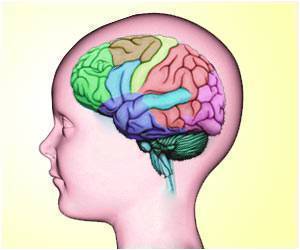
The doctors randomly selected 450 patients for the study. These patients received telephonic follow-up. These patients were asked if they were happy and satisfied. Dr. Singh said, "They were extremely happy with the follow-up on phone. As part of the follow-up, the patient had to cite his or her file number, which the doctor would click open on a computer terminal for the patient’s data sheet, that would have the date of the last seizure, the medicines and the duration of medication. The doctor would then ask the set questions, including if the patient had suffered a seizure in the interim since meeting the doctor the last time, and how many seizures, if any dose of medicine was missed and any side effects of the drugs. Maybe in future we may offer telephonic follow-ups."
Dr. Singh added, "With India home to around 12% of epilepsy cases there is a dire need for more doctors, especially in the rural areas, and also of health educators and volunteers who would help raise awareness of the health condition that most people still feel embarrassed to acknowledge. Epilepsy should be understood and treated. The treatment is affordable and, along with medicines, patients need to be educated about epilepsy, that it is perfectly treatable, that they should not miss medicine doses and have proper sleep. The figure of 12 million prevalence was an underestimation as at least half of patients are not being treated. One major reason for people reporting with seizures is ingestion of tapeworm eggs, either through eating pork that is not well cooked, or from dirty water or unwashed lettuce leaves or cabbage. Neurocysticercosis, a parasitic infection that results from ingestion of eggs from the adult tapeworm, is a leading cause of seizures and epilepsy in the developing world. Once ingested, the fertilized egg of the tapeworm reaches the brain. This comes from contaminated water or eating salad leaves or cabbage which get the eggs due to open defecation. The study is to be published."
Source-Medindia













